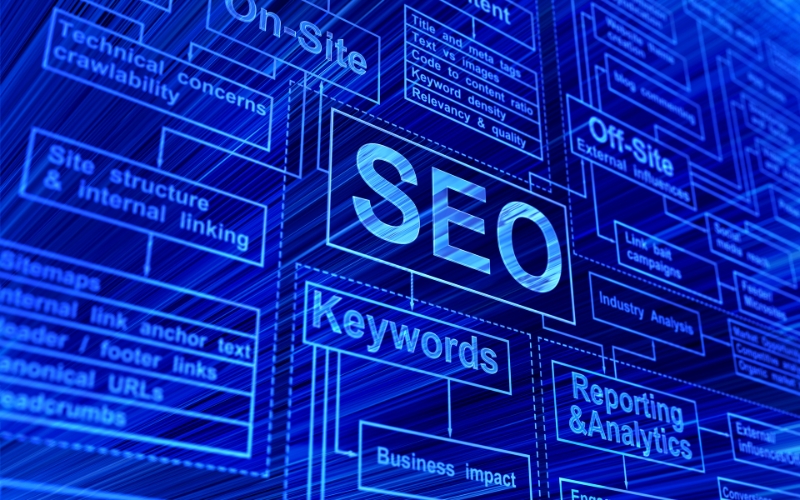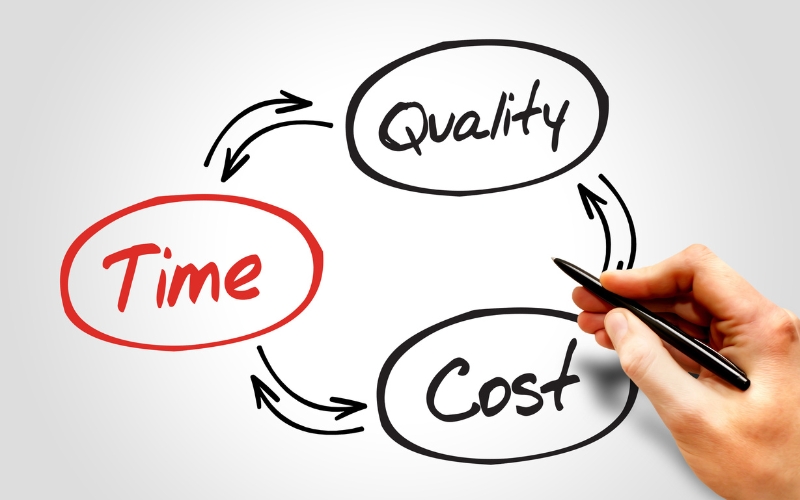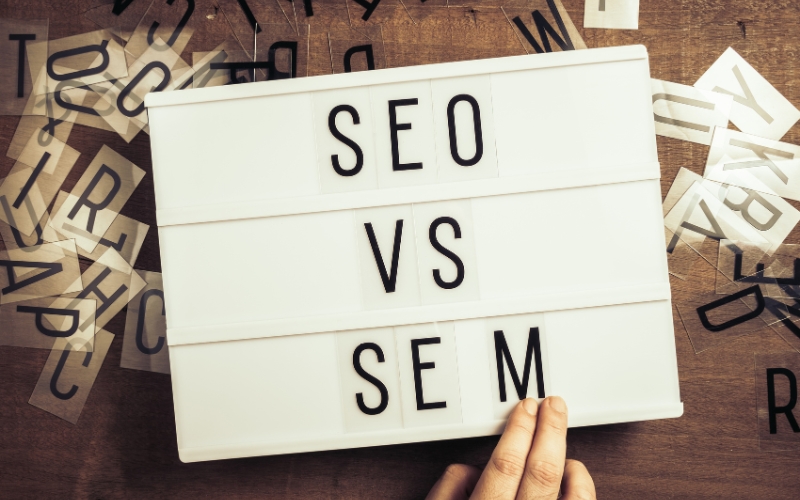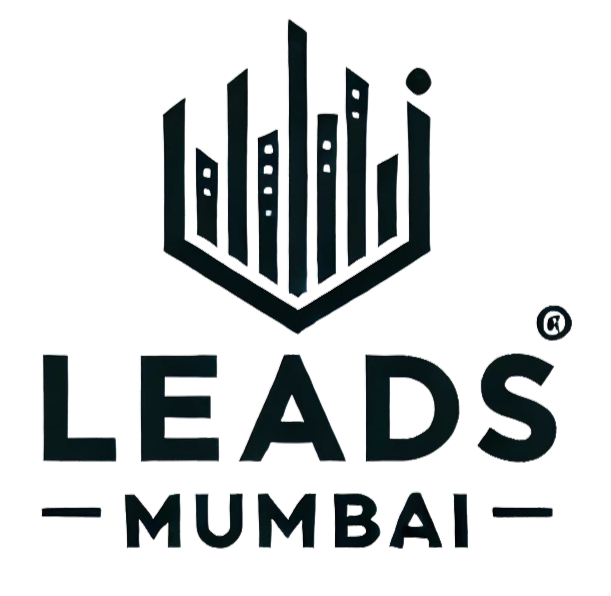In today’s digital landscape, businesses often debate between Google Ads vs SEO as the dominant strategy to enhance online visibility and drive traffic. While both aim to capture the attention of potential customers, their approaches and benefits are distinctly different. Google Ads vs SEO is a comparison of immediate results through paid visibility versus long-term growth by building organic traffic. Deciding which strategy is better for your business depends on your specific goals, timeline, and resources. This article explores the fundamentals of Google Ads and SEO, compares key factors like cost and results, and provides insights into when to choose each—or combine both—for maximum effectiveness.
Understanding the Basics: What Are Google Ads and SEO?

When it comes to boosting online visibility, Google Ads and SEO (Search Engine Optimization) are two powerhouse strategies that businesses often turn to. Understanding their core principles is the first step in deciding which approach—or combination—will best suit your needs.
What Are Google Ads?
Google Ads is a paid advertising platform that operates on a pay-per-click (PPC) model. Businesses bid on specific keywords, and their ads appear prominently in Google search results or across the Google Display Network. When comparing Google Ads vs SEO, it’s important to note the immediacy of results that paid ads can deliver.
Key features of Google Ads include:
- Instant Visibility: As soon as a campaign is live, your business appears at the top of search results, marked as an ad. This is a key differentiator in the debate of Google Ads vs SEO since SEO requires more time to build organic rankings.
- Targeted Reach: With tools to segment audiences based on location, demographics, and interests, Google Ads ensures that your content reaches the right people at the right time. For businesses evaluating Google Ads vs SEO, the ability to hyper-target specific groups often makes paid ads a compelling choice.
- Flexibility: Ads can be adjusted in real-time, making it easy to optimize for better performance. This real-time adaptability highlights another factor in the Google Ads vs SEO discussion: SEO adjustments take longer to impact results.
- Measurable Results: You can track clicks, impressions, and conversions with precision, ensuring a clear understanding of your campaign’s ROI.
This platform is ideal for businesses looking to drive immediate traffic, promote time-sensitive offers, or establish a foothold in competitive industries. Comparing Google Ads vs SEO, Google Ads is often the go-to solution for achieving fast, measurable outcomes.
What Is SEO?
SEO, on the other hand, is a long-term strategy aimed at increasing a website’s visibility in organic (unpaid) search results. It involves optimizing various elements of your website to align with search engine algorithms, making it easier for Google to rank your site higher for relevant searches. Businesses often compare Google Ads vs SEO to determine which approach better suits their goals.
Key aspects of SEO include:
- Keyword Optimization: Strategically incorporating relevant keywords into your website’s content, meta descriptions, and headers.
- Technical SEO: Ensuring your site is fast, mobile-friendly, and error-free for better crawlability by search engines.
- Content Creation: Developing high-quality, engaging content that satisfies user intent and encourages backlinks from authoritative sites.
- Local SEO: Optimizing your business for location-based searches, a critical component for small businesses targeting local customers.
When evaluating Google Ads vs SEO, it’s important to recognize that SEO does not offer immediate results. However, the payoff is sustainable growth in traffic and authority. This makes SEO a preferred choice for businesses with long-term goals, even as others leverage the quick wins provided by Google Ads. Ultimately, the decision in the debate between Google Ads vs SEO depends on your timeline and marketing objectives.
Key Differences Between Google Ads and SEO
While both strategies aim to improve visibility and drive traffic, their approaches and outcomes differ significantly:
| Factor | Google Ads | SEO |
|---|---|---|
| Cost | Pay-per-click; ongoing investment required. | Requires time and resources but no direct cost for clicks. |
| Time to Results | Immediate, once the campaign is live. | Gradual; can take months to build momentum. |
| Sustainability | Ads stop when the budget runs out. | Provides long-term visibility and traffic. |
| Placement | Featured at the top of search results as ads. | Ranked in organic search results below ads. |
| Trust Factor | Seen as promotional content. | Viewed as credible, organic information. |
Both Google Ads and SEO are effective in their own right, depending on your business goals. While Google Ads offers immediate results, SEO focuses on building a solid foundation for long-term growth. The real magic lies in understanding their strengths and leveraging them strategically, often as complementary tools in your digital marketing arsenal.
Comparing Key Factors: Cost, Time, and Results

When businesses consider investing in Google Ads or SEO (Search Engine Optimization), understanding how each approach impacts cost, time, and results is crucial for making an informed decision. Both strategies have unique advantages, and their effectiveness largely depends on your business goals and resources.
Cost: Immediate vs. Gradual Investment
One of the most significant differences between Google Ads vs SEO lies in their cost structures.
Google Ads vs SEO highlights how these strategies differ in budget allocation. Google Ads operates on a pay-per-click (PPC) model, meaning you are charged every time someone clicks on your ad. This cost can vary widely based on your industry and the competitiveness of the keywords you are targeting. For example, highly competitive keywords like “digital marketing agency” may cost significantly more per click than niche-specific terms. While Google Ads provides instant visibility, the investment is ongoing, and the cost can escalate quickly if campaigns are not optimized effectively.
In contrast, Google Ads vs SEO also emphasizes how SEO focuses on building organic traffic over time, with no direct cost per click. However, achieving strong SEO results requires consistent investment in resources such as content creation, technical optimization, and link-building efforts. While SEO may not require the large upfront costs associated with paid advertising, it demands time, expertise, and effort to produce lasting results. For businesses comparing Google Ads vs SEO, those with limited budgets but a focus on long-term growth may find SEO to be a more cost-effective choice in the long run
Time: Speed vs. Sustainability
The timeframe for seeing results is another key differentiator.
Google Ads is ideal for businesses that need immediate results. Once you launch a campaign, your ads can appear at the top of search results within hours, driving traffic almost instantaneously. This makes Google Ads an excellent choice for businesses running time-sensitive promotions, launching a new product, or entering a highly competitive market where organic visibility may take longer to achieve. However, this immediacy comes at a cost—once you stop paying, your ads disappear, and so does the traffic.
SEO, on the other hand, is a long-term strategy that takes time to yield results. Building authority and improving your rankings organically can take several months, depending on your industry and the competition. However, the results are more sustainable. Once your website ranks well for targeted keywords, it can continue to generate traffic without the constant need for financial investment. This makes SEO the preferred option for businesses focused on steady, long-term growth rather than immediate impact.
Results: Short-Term Gains vs. Long-Term Growth
When it comes to results, the distinction between Google Ads and SEO becomes even clearer.
Google Ads excels in delivering short-term gains. It ensures your website appears prominently on search results pages, increasing visibility and driving qualified traffic. However, since ads are labeled as “sponsored,” they may not carry the same level of trust as organic results. Google Ads is particularly effective for conversion-driven campaigns like promoting sales, events, or special offers, where the goal is immediate action.
SEO, by comparison, focuses on building long-term growth. Organic search results are perceived as more credible and trustworthy by users, leading to higher click-through rates over time. SEO strategies, such as optimizing content and earning backlinks, establish your website as an authority in your industry. While the results are not immediate, they are more enduring. Websites with strong SEO foundations continue to generate traffic and leads, even without ongoing financial input.
When to Choose Google Ads vs. SEO: Finding the Right Fit

Choosing between Google Ads and SEO (Search Engine Optimization) can be challenging, as both have their unique strengths and cater to different business needs. Understanding when to use one over the other—or a combination of both—can help you make the most of your marketing budget and achieve your goals effectively.
When Google Ads Is More Effective
Google Ads is a powerful tool for businesses that need immediate results. Here are scenarios where it shines:
- Launching a New Product or Service:
If you’re introducing a new product or entering a competitive market, Google Ads ensures your offerings are visible to your target audience instantly. Ads appear at the top of search results, helping you gain attention right away. - Running Time-Sensitive Promotions:
Businesses with limited-time offers, seasonal campaigns, or flash sales can benefit from the quick setup and immediate reach of Google Ads. For instance, a holiday sale or event promotion can effectively leverage paid ads to drive traffic and conversions within a specific timeframe. - Targeting Specific Audiences:
Google Ads allows detailed audience segmentation based on location, demographics, search intent, and even device usage. This precision ensures your ad spend is focused on users most likely to convert, maximizing ROI. - Testing Marketing Strategies:
With Google Ads, you can run A/B tests on ad copy, visuals, and calls-to-action to identify what resonates with your audience. The insights gained can inform your broader marketing strategy.
While Google Ads excels in delivering quick, measurable results, its effectiveness depends on maintaining a budget. Once the campaign ends, the visibility stops.
When SEO Shines
SEO is ideal for businesses with a long-term vision for growth. It focuses on building organic traffic, credibility, and sustainable visibility over time. Here are situations where SEO takes the lead:
- Establishing Long-Term Online Presence:
If your goal is to make your website a trusted source of information or a leader in your niche, SEO is the way to go. High rankings in organic search results help build authority and trust among users. - Driving Consistent Traffic:
SEO ensures that your website continues to attract visitors even without constant financial input. For instance, a well-optimized blog post can rank for months or even years, driving consistent traffic. - Targeting Informational Search Queries:
Users searching for “how-to” guides, tutorials, or in-depth resources are more likely to click on organic results. SEO helps you capture this audience by optimizing content for user intent. - Reducing Dependency on Paid Ads:
Businesses looking to reduce their reliance on advertising budgets over time can benefit from SEO. By ranking well for competitive keywords, you can achieve visibility without ongoing PPC costs.
However, SEO requires patience and consistency, as it can take several months to see results. It’s a commitment that pays off in the form of long-term benefits.
Using Google Ads and SEO Together for Maximum ROI
In many cases, the most effective strategy is to use Google Ads vs SEO as complementary tools. Here’s how:
- Short-Term Gains with Long-Term Growth:
Use Google Ads vs SEO to determine when to prioritize immediate traffic with paid ads and when to focus on organic growth. This ensures visibility in the short term while building a foundation for sustained success. - Testing Keywords for SEO:
Google Ads vs SEO comparisons can help identify high-performing keywords for both strategies. Ads reveal terms generating instant results, which you can later incorporate into your SEO efforts. - Retargeting Visitors:
Combine data from Google Ads vs SEO to retarget users who visited your site but didn’t convert. Retargeting ads can encourage them to return and complete a purchase or inquiry.
Conclusion
Choosing between Google Ads vs SEO ultimately depends on your business objectives and priorities. If you’re looking for quick, measurable results, Google Ads vs SEO can provide insights into which strategy suits short-term campaigns and time-sensitive promotions. On the other hand, Google Ads vs SEO comparisons highlight that SEO offers sustainable growth by establishing your website as a trusted source in your industry.
For most businesses, the best approach is to leverage both strategies together—using Google Ads to drive immediate traffic while investing in SEO to build a solid foundation for long-term success. By understanding the strengths of each, you can create a balanced digital marketing strategy that delivers maximum ROI and ensures your business thrives in a competitive online environment.

